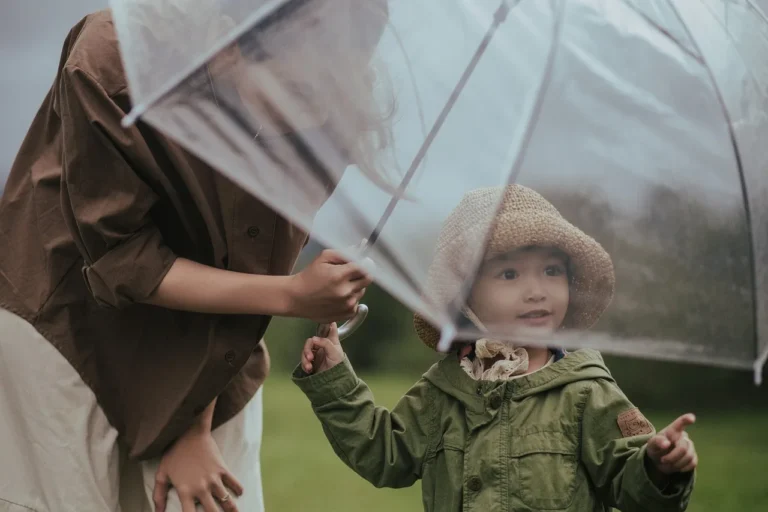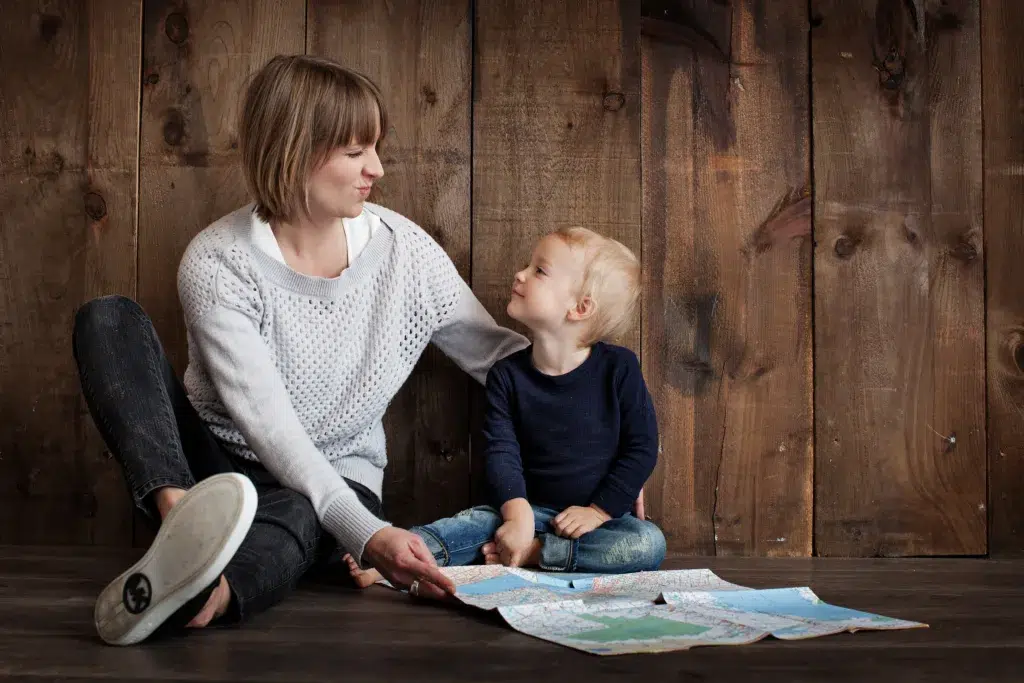The Importance of Parenting for kids
Parenting is one of the most important jobs in the world. As parents, we have a profound influence on our children’s development and their future success. The care, guidance and support we provide during their formative years shapes who they become as adults.
Research shows that children who grow up with involved, caring parents have significant advantages. They tend to do better in school, have stronger mental and physical health, and are less likely to engage in risky behaviors. Supportive parenting gives children the confidence to explore the world safely and work through life’s challenges. It also fosters important social-emotional skills like empathy, self-control and relationship-building.
- Spend quality one-on-one time with your child every day. Make them feel loved, valued and listened to through engaged conversations, playful interactions and shared activities.
- Provide a stable, nurturing home environment. Make sure your child’s basic needs for food, shelter, safety and healthcare are consistently met. Limit disruptions and sources of stress as much as possible.
- Set clear rules and age-appropriate consequences for behavior. Be loving but firm so your child learns self-discipline and responsibility. Praise good choices to reinforce positive development.
- Support your child’s education from an early age. Read together daily, help with homework, meet teachers, and show interest in their learning process. Instill a love of learning that will last a lifetime.
- Monitor technology use and be aware of your child’s online activities. Guide them to age-appropriate digital citizenship without being overbearing.
- Seek help from friends, family or professionals if you feel overwhelmed or need advice on challenging issues like tantrums, defiance or social/emotional concerns. You don’t have to handle parenting alone.

Unique ways to help children understand the importance of parenting:
Role Playing is Fun
Role playing real-life scenarios can be an engaging way for kids to learn. For example, act out bringing home a new baby or dealing with a toddler’s tantrum. Let older children take turns playing the parent and child roles. This gives them insight into the challenges and responsibilities of parenting. It also fosters empathy and communication skills.
Family History Lessons
Children may not realize how their own upbringing differs from previous generations. Share positive and negative stories from your childhood or your parents’ to highlight the impact of parenting styles over time. Discuss how societal changes like women working outside the home have affected family dynamics. Relating it to their own family history makes parenting lessons more meaningful.
Volunteer Opportunities
Consider volunteering as a family at places like schools, daycares, nursing homes or animal shelters. Giving back together provides natural lessons about caring for others. Children who help with younger kids or seniors may better understand the importance of guidance, protection and compassion – key roles of parents. It also boosts their social-emotional development.
Media Analysis
Analyze TV shows, movies and books together that feature parenting themes. Have thoughtful discussions about what various characters did well or poorly raising their children. Compare fictional scenarios to your family’s real experiences. Be aware that media often simplifies complex parenting issues, so balance entertainment with reality.
The goal with any of these activities is to start a dialogue and get children thinking critically about parenting from a young age. An informed perspective helps them appreciate their parents’ hard work and serve as role models someday. Does this help explain some unique ways to teach kids about the importance of parenting? Yes, these ideas provide engaging learning opportunities.
FOR MORE VALUABLE TIPS BUY OUR PARENTING COURSES https://www.kidzoot.com/courses/
CONSULT YOUR PERSONAL PARENTING SOLUTIONS VIA APPOINTINTMENT AT https://www.kidzoot.com/appointment-booking/
Follow Us on Twitter www.twitter.com/kidzootworld

